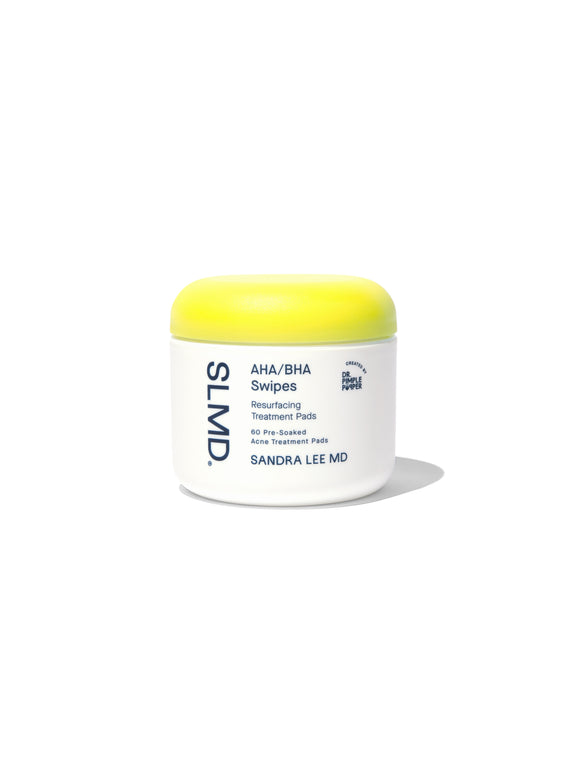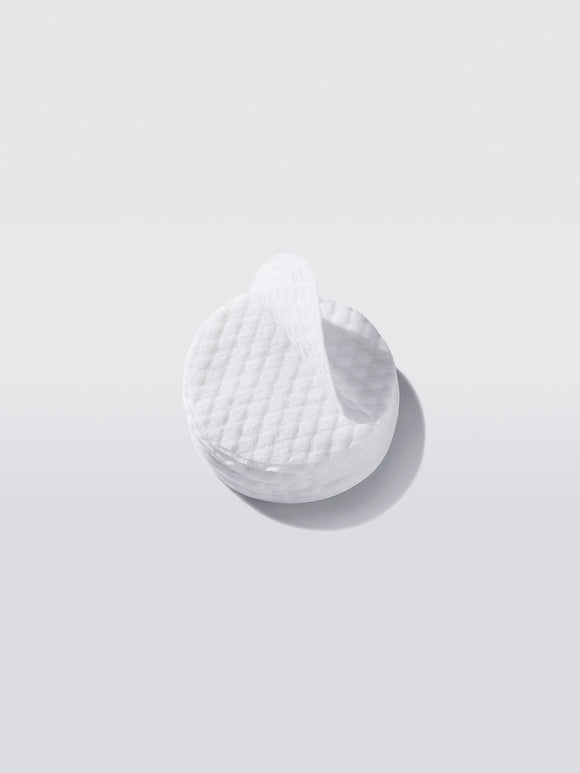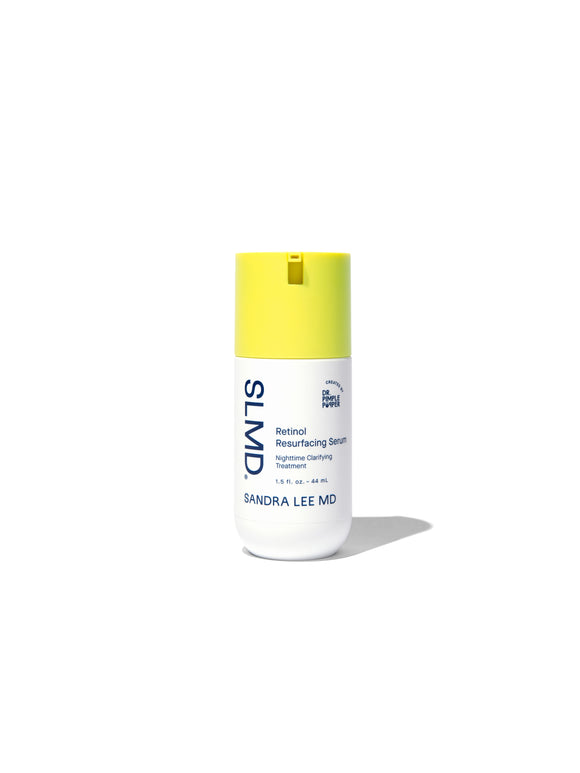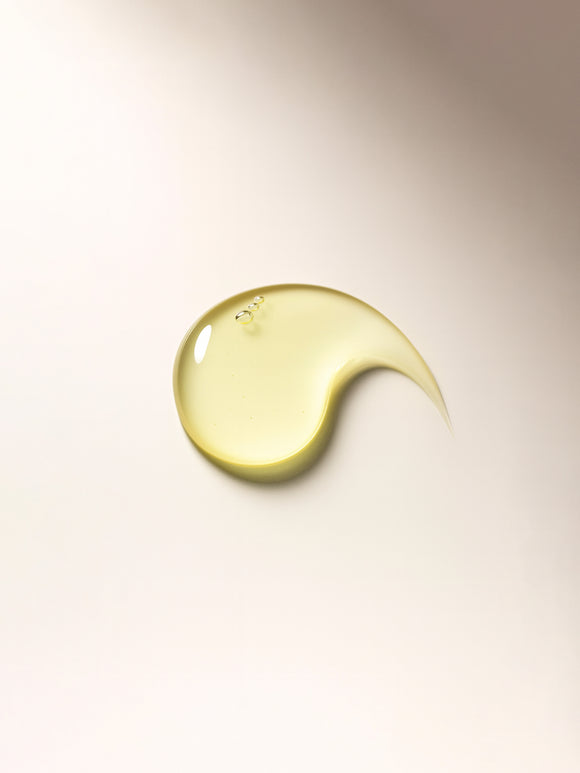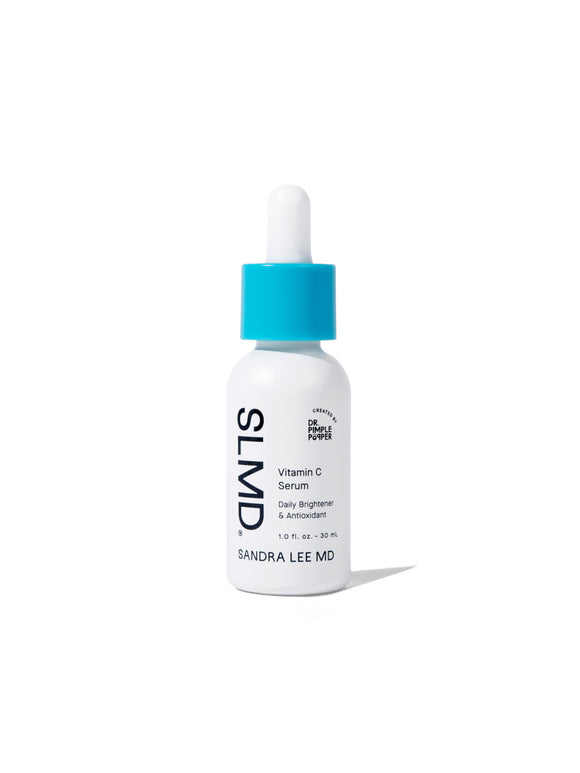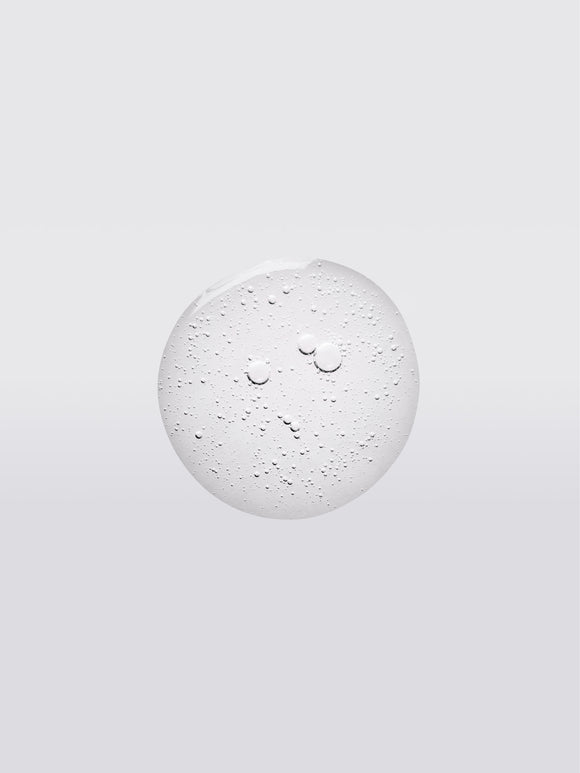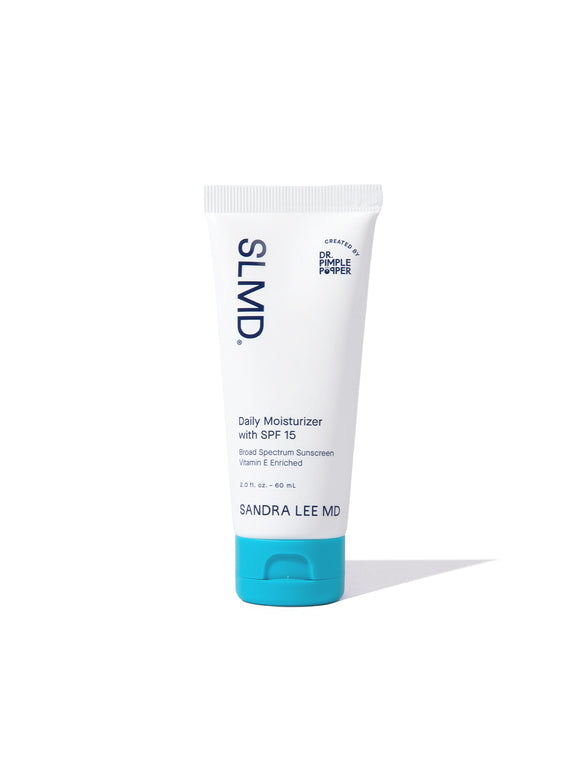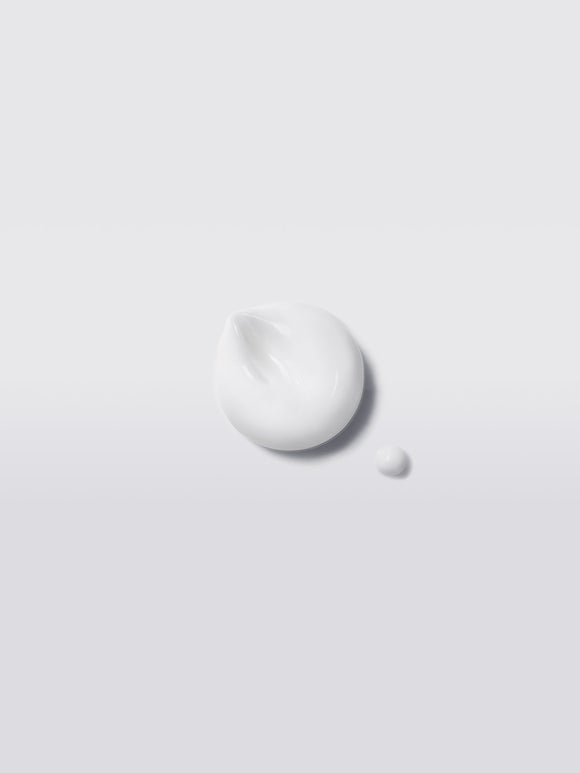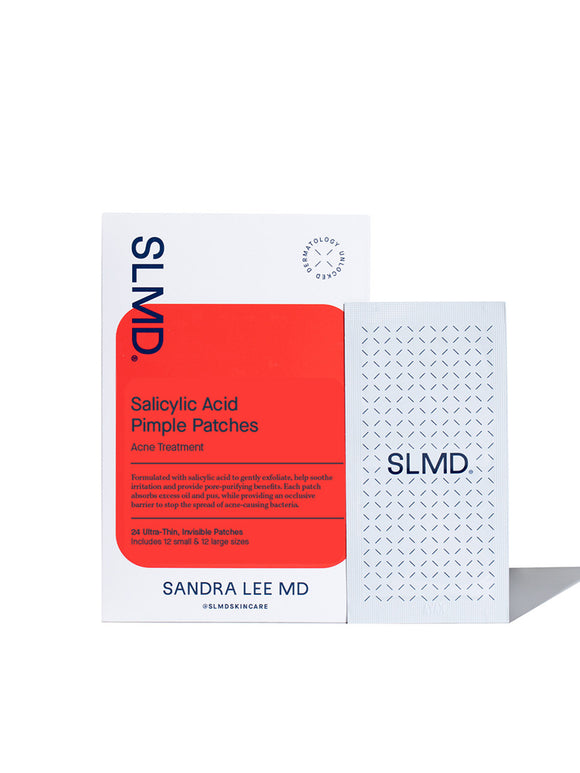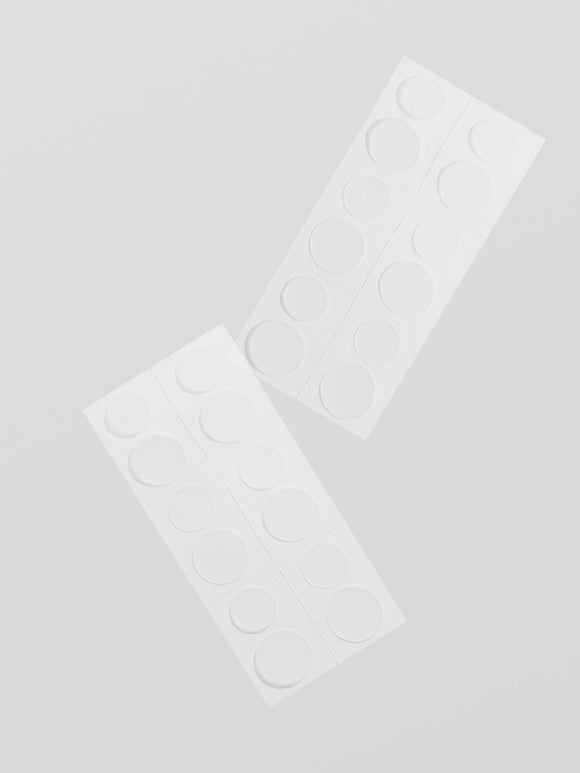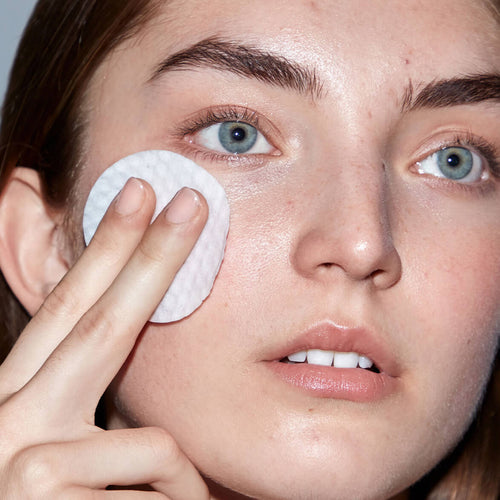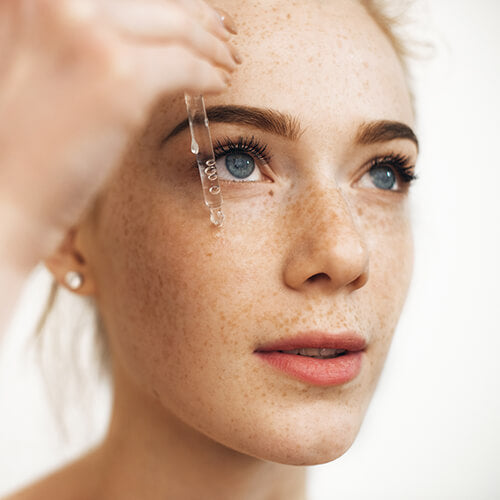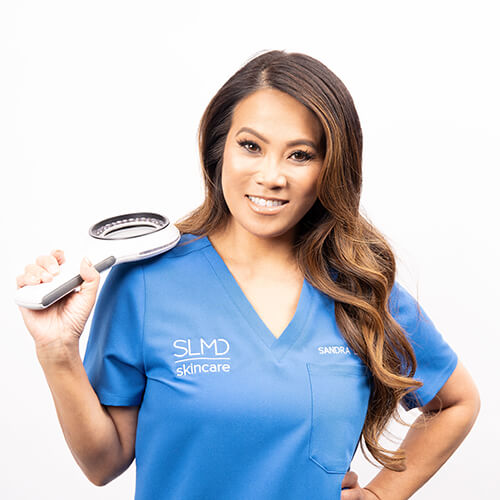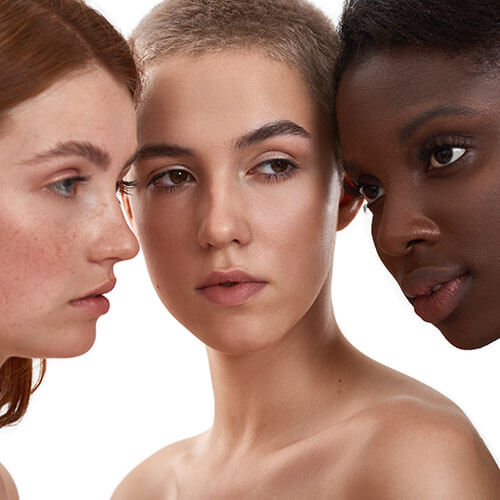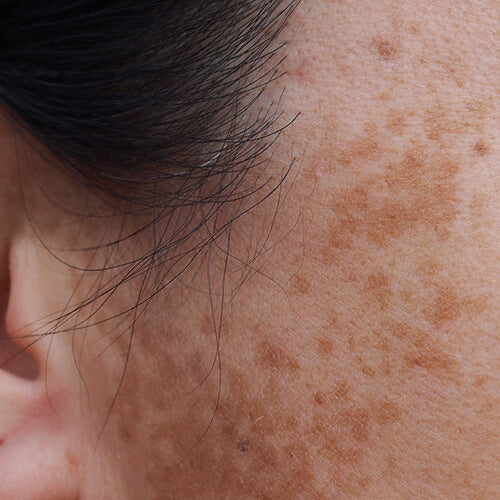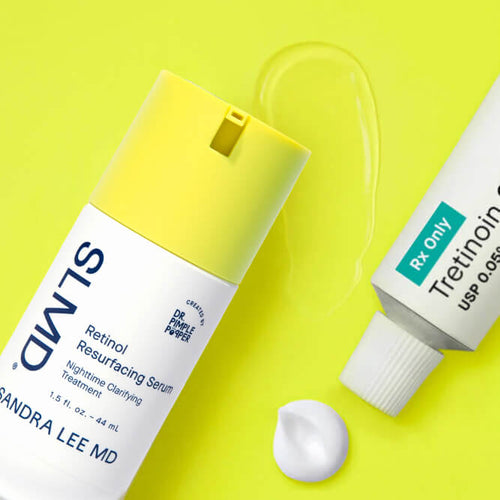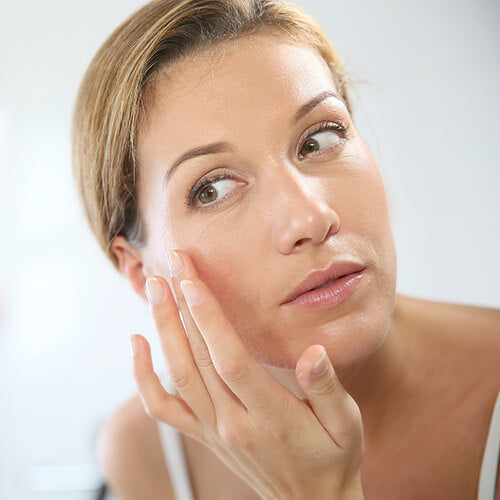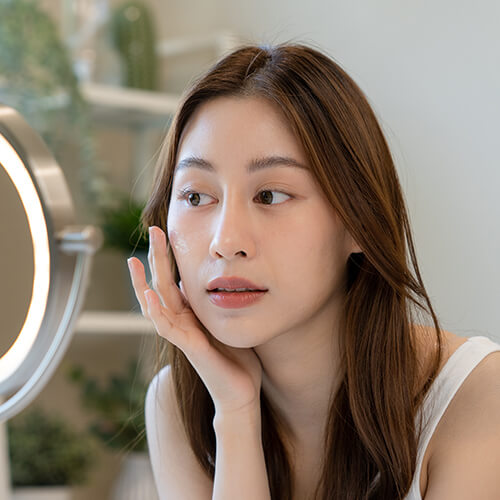
Acne Scars vs. Hyperpigmentation: How to Tell the Difference
With Dr. Pimple Popper's help, we're decoding the dark marks left behind as pimples heal.
Published:
4 minute read
It can be frustrating when your skin is finally clear of active breakouts, but you are still left with dark marks or scars. Hyperpigmentation and acne scarring are both common reminders of past acne, yet they are often confused with one another. While they can look similar at a glance, they form for different reasons and require different treatment approaches.
Here, dermatologist and SLMD Skincare founder Sandra Lee, MD (aka Dr. Pimple Popper), breaks down the difference so you can better understand what your skin is dealing with and what actually helps.
Fast facts: acne scars vs hyperpigmentation
- Hyperpigmentation (aka PIH) is a color change caused by excess melanin
- Acne scars involve texture changes caused by disrupted collagen repair
- Topical skincare can help fade hyperpigmentation but has limited effect on scars
- Reducing inflammation lowers the risk of both dark spots and scarring
Article Quick Links
What causes dark marks after acne
The word hyperpigmentation is an umbrella term that refers to areas of skin that become darker than the surrounding tone. These marks can include age spots, sun spots, and the dark spots left behind after acne heals. Unlike true scars, hyperpigmentation does not change the skin’s surface. The skin feels smooth, but the color looks uneven.
Dark marks that follow acne are technically called post-inflammatory hyperpigmentation, or PIH. Red or purple marks that linger after acne are often post-inflammatory erythema (PIE), while darker brown or gray marks are typically PIH.
These hyperpigmentation spots are caused when excess melanin is deposited in the skin’s outer layers. Usually, this additional melanin production is the skin’s response and attempt to protect or heal itself, like after a pimple.

How can you fade dark spots left by acne
Some dark spots fade on their own, but how long that takes depends on the depth of pigment and your skin type. Consistent skincare can help speed up the process by:
- encouraging gentle exfoliation
- supporting healthy cell turnover
- protecting skin from further pigment production
Dr. Lee recommends focusing on ingredients that help brighten the skin and prevent new discoloration, including:
- exfoliating acids to help lift pigmented surface buildup. Try: SLMD AHA/BHA Swipes
- antioxidants to help defend against daily damage. Try: SLMD Vitamin C Serum
- retinoids to support healthy cell turnover. Try: SLMD Retinol Resurfacing Serum
Daily sun protection is essential, since UV exposure can worsen hyperpigmentation and slow fading. Try: Daily Moisturizer with SPF 15
Dr. Pimple Poppers Acne Care Picks
What causes acne scars to form
Acne scars form when inflammation damages the deeper layers of skin. When C. acnes bacteria invades a clogged pore, inflammation barges in to create a pimple. During the healing process, the skin produces collagen to repair itself, but that process is not always perfectly balanced.
If too little collagen is produced, the result can be depressed or pitted scars. If too much collagen is produced, raised scars such as keloids may form. This is why acne scars create changes in skin texture, not just color.
The likelihood of scarring depends on both skin type and the type of acne you experience. Inflammatory breakouts like papules, pustules, nodules, and cysts are more likely to leave scars than mild surface blemishes.

How to avoid acne scarring
The most effective way to deal with acne scars is to prevent them in the first place. Dr. Lee consistently advises against picking or squeezing pimples, as this increases inflammation and disrupts proper healing.
Controlling breakouts early and consistently reduces the risk of lasting damage. Using a complete acne routine and treating individual pimples promptly can help limit inflammation before it affects deeper skin layers.
From a dermatology standpoint, prevention means:
- calming active acne
- avoiding trauma to the skin
- allowing pimples to heal naturally
Try: SLMD Acne System, Acne Essentials Routine, BP Acne Spot Treatment
How to treat acne scars
While topical skincare can be very effective for fading hyperpigmentation, true acne scars often require in-office dermatologic treatments. Procedures such as lasers, chemical resurfacing, microneedling, or cortisone injections may be used depending on the type of scar.
Because treatment options vary by scar type, you can learn more about what works for each in our guide to the five types of acne scars. A dermatologist can help determine which treatments are most appropriate based on your scar type, skin tone, and medical history.
Frequently asked questions about acne scars and hyperpigmentation
Q: Are dark spots from acne the same as acne scars?
A: Dark spots from acne are usually post-inflammatory hyperpigmentation, which affects skin color but not texture. Acne scars involve structural changes to the skin caused by altered collagen healing.
Q: Do acne scars go away on their own?
A: True acne scars typically do not fade on their own, although they can become less noticeable over time. In-office treatments are often needed to significantly improve texture changes.
Q: How long does it take for dark spots from acne to fade?
A: Post-inflammatory hyperpigmentation can take several weeks to months to fade, depending on skin tone, depth of pigment, and sun protection habits.

Dr. Lee's Last Word
When it comes to marks left behind after acne, prevention matters most. Treat breakouts early, avoid picking, and protect your skin from the sun. Dark spots often fade with time and consistent care, but true scars may need professional treatment — so don’t hesitate to see a dermatologist if you’re concerned.






